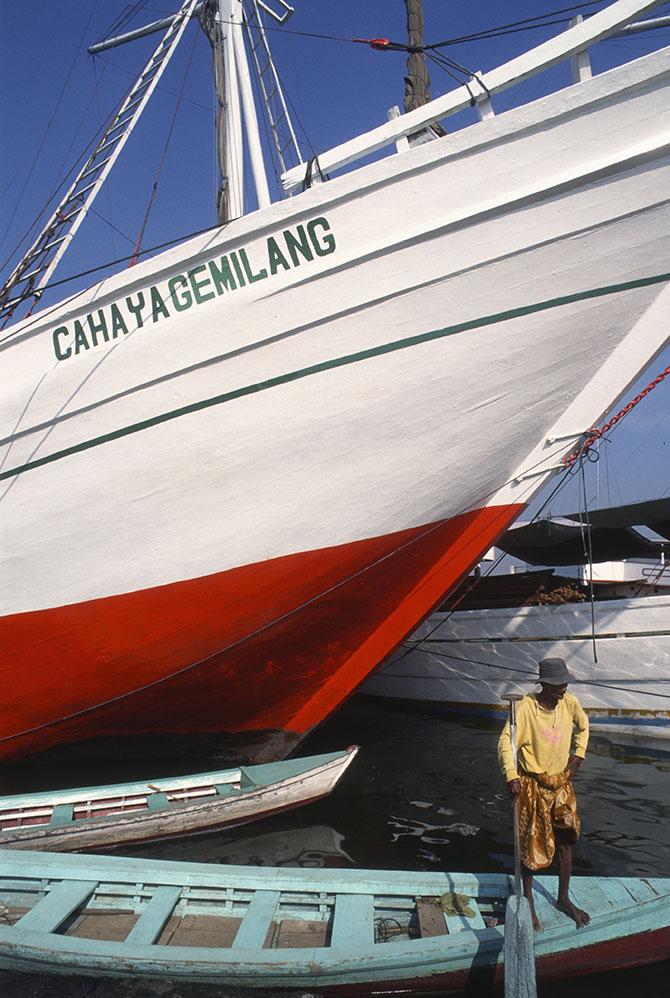
The problem of national unity will remain a key issue, as it has political, ethnic, religious and territorial aspects. Political differences and ethnic or religious affiliations should not cause national disunity or national disintegration, as the price would be very expensive for the nation.
Much has been done since Indonesia joined the United Nations in 1950 to promote its own national unity and development. The experience of the last 50 years since the 1965 Communist rebellion has taught us to strengthen the links between domestic and foreign policies, so that domestic developments provide guidance for the implementation of foreign policy. One insight that may be derived from that experience is that economic development in Indonesia still needs to be spread across the entire country and to the entire population. The central government should therefore be careful and tactful so that the “jealousy” of Indonesia’s outer islands during the late 1950s that felt exploited by Jakarta will not recur and endanger national unity. We should learn from the sad experience of rebellions in a number of provinces between 1957 and 1960 and see to it that this is not repeated, particularly in regard to far-flung regions such as Papua. Otherwise, it may adversely affect national unity and stability and create domestic problems that could negatively impact effective foreign policy.
Maritime orientation
Although the United Nations Convention on the Law of the Sea of 1982 recognized Indonesia’s status as an archipelagic state, thus providing a sound basis for “territorializing” national unity, its future implementation will face many challenges. Much has been done to promote Indonesia’s national interests in the Law of the Sea and within maritime affairs. The application of the archipelagic state principles and the 12-mile territorial sea to Indonesia has expanded our maritime territory to some 1.6 million square miles. In addition, the extension of Indonesia’s 200-mile exclusive economic zone and continental shelf outside our archipelagic waters and territorial sea has extended Indonesia’s sovereign rights over natural resources and jurisdiction over environmental protection, marine scientific research and the establishment of artificial islands, structures and installations over an additional area of some 1.6 million square miles. The new Law of the Sea has in fact authorized Indonesia to control some three million square miles of the earth’s surface. As former President BJ Habibie has stated, Indonesia is a “maritime continent.”
Maintaining national unity, security, law enforcement and defense in the expanded maritime and airspace of Indonesia is another major challenge in the years ahead. Considering Indonesia’s insular geography, this would require well-coordinated planning and development by the Indonesian Armed Forces and other relevant law enforcement agencies and departments. The horizon and parameters of Indonesia’s future defense posture will also have to be more outward looking, namely to the open seas in the Indian Ocean, the South China Sea, the Pacific Ocean and neighboring “semi-enclosed” seas such as the Andaman, the Celebes, the Arafura and the Timor Seas. Indonesia will have to decide whether it will be a “maritime power” in name only because of its vast maritime territory, or whether it will really be a “maritime power” in fact, with blue-water naval and air capabilities, and the capacity to use all its space and resources and safeguard them. If Indonesia does decide to become a real “maritime power,” as it should, history has indicated that it would take at least 15 to 20 years to realize that aspiration. This becomes more important as two close and great neighbors of Indonesia, namely India and China, are also moving to become maritime powers.







%20resized.png)
